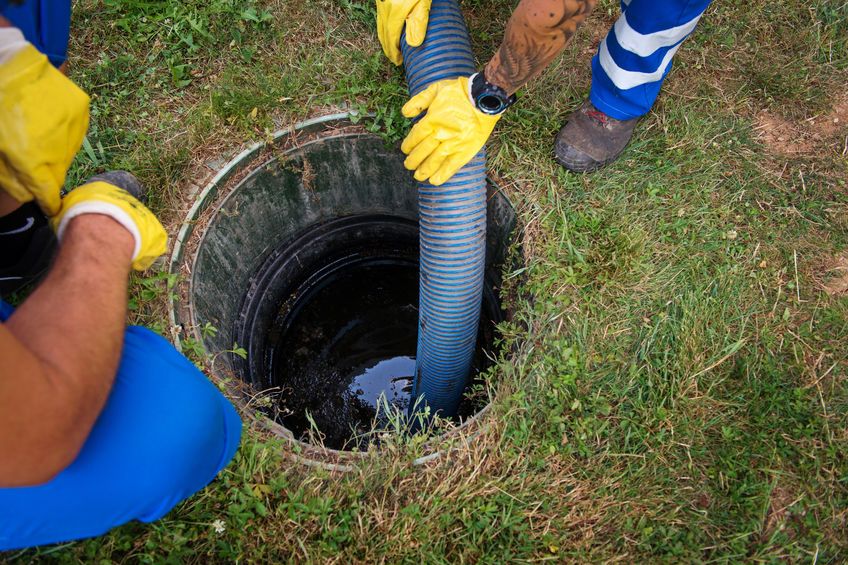
Drain cleaning refers to the process of removing obstructions, debris, and buildup from plumbing drains in order to restore their proper function and prevent potential problems.
Drains in homes and buildings are designed to carry away wastewater, such as from sinks, showers, toilets, and other plumbing fixtures. Over time, various substances can accumulate within the drain pipes, leading to blockages and reduced flow.
Drain cleaning can be done through various methods, including using drain snakes, drain augers, hydro jetting, or chemical drain cleaners.
For more severe or persistent clogs, it may be necessary to seek professional plumbing services to ensure a thorough and effective cleaning of the drains.
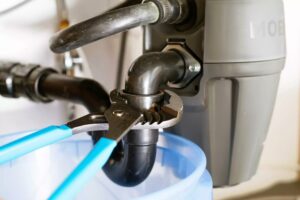
Preventing clogs in drains is an essential aspect of drain maintenance.
By implementing these preventive measures, you can significantly reduce the likelihood of clogs and keep your drains flowing smoothly. However, if you do encounter persistent or severe clogs, it is advisable to seek the assistance of a professional plumber to address the issue properly.
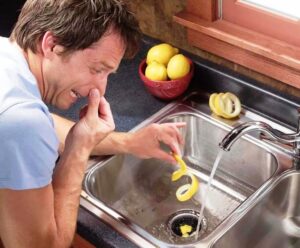
Foul odors emanating from drains can be unpleasant and indicate the presence of organic matter buildup or other issues.
Regular maintenance and cleaning can help prevent foul odors from developing in the first place. Implementing good drain habits, such as using drain covers, disposing of waste properly, and periodically cleaning the drains, can significantly reduce the occurrence of unpleasant odors.
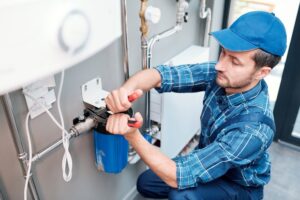
Maintenance of the plumbing system is crucial to ensure its proper functioning and longevity.
By implementing these maintenance practices, you can help keep your plumbing system in good condition, minimize the risk of costly repairs, and ensure the efficient operation of your household’s water supply and drainage.
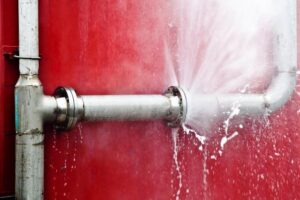
Preventing backups and water damage is crucial to maintaining a healthy and functional plumbing system.
By following these preventive measures, you can significantly reduce the risk of backups and water damage, protecting your property and maintaining the integrity of your plumbing system.
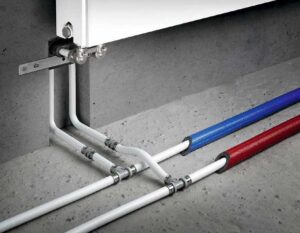
Taking steps to extend the lifespan of plumbing fixtures can help you save money on replacements and ensure the continued functionality of your plumbing system.
By following these practices, you can help extend the lifespan of your plumbing fixtures. Regular maintenance, proper usage, and prompt repairs will contribute to the durability and longevity of your fixtures, saving you from unnecessary expenses and ensuring the continued functionality of your plumbing system.
| M | T | W | T | F | S | S |
|---|---|---|---|---|---|---|
| 1 | 2 | 3 | 4 | 5 | 6 | |
| 7 | 8 | 9 | 10 | 11 | 12 | 13 |
| 14 | 15 | 16 | 17 | 18 | 19 | 20 |
| 21 | 22 | 23 | 24 | 25 | 26 | 27 |
| 28 | 29 | 30 | ||||

